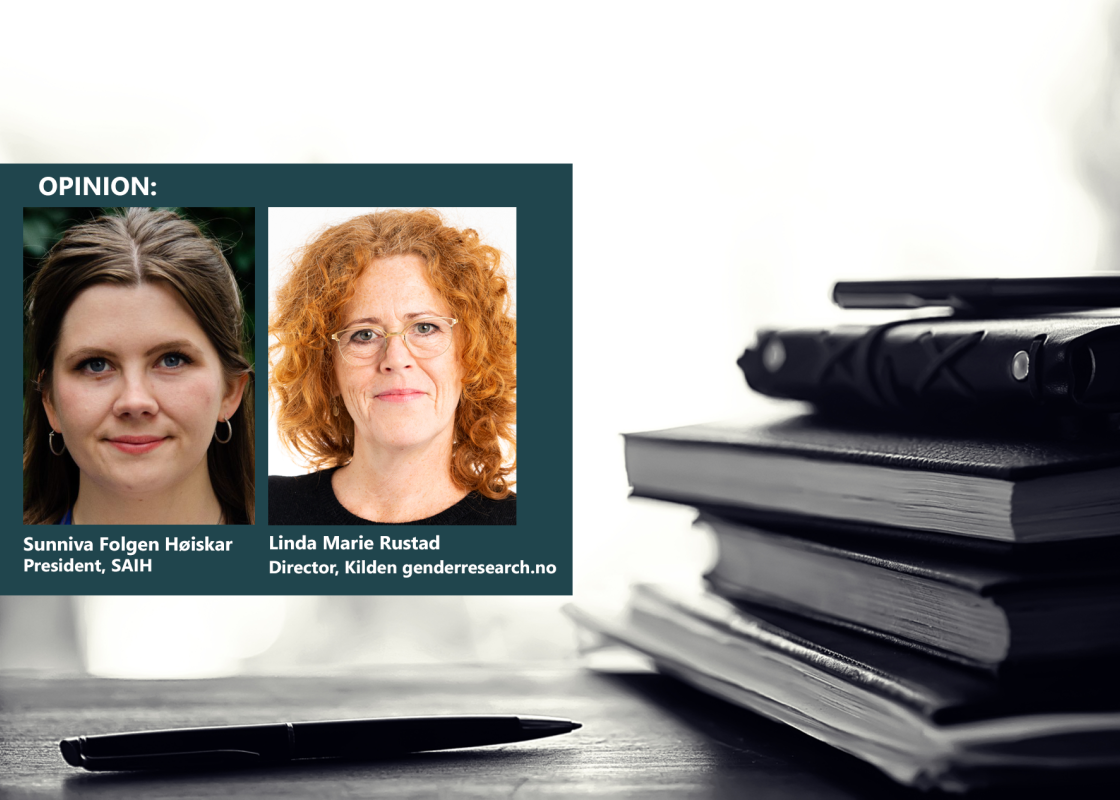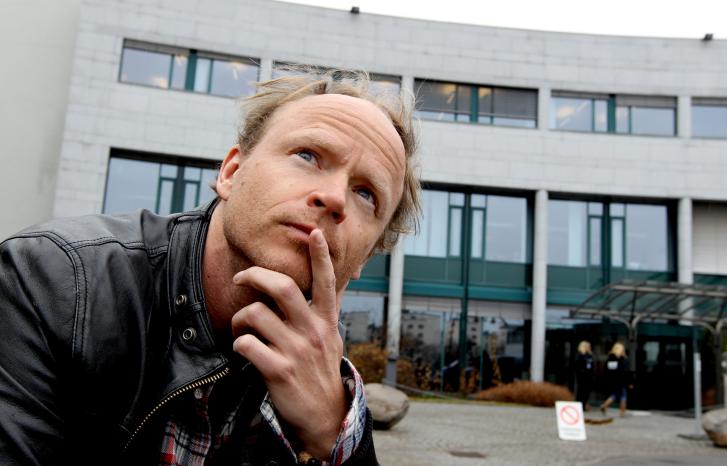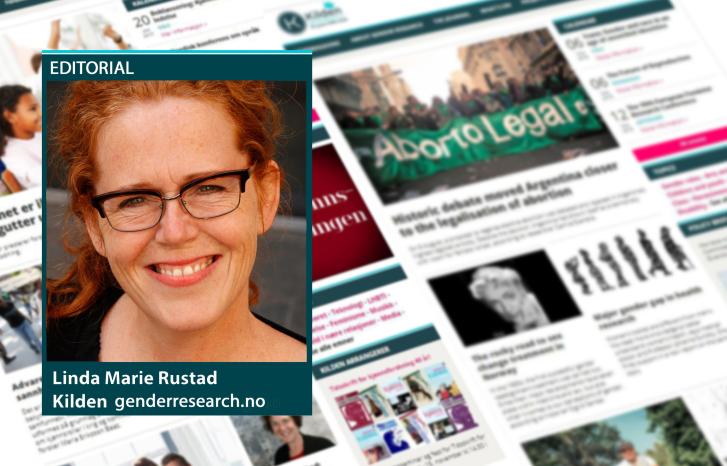How shall we find sufficient and updated knowledge of gender and equality issues in Hungary, when the government has practically banned gender studies in the country?
How shall we study queer people’s living conditions in Poland, when the governing party Law and Justice wants to prohibit sex education, and a third of the country has been declared ‘LGBT free zone’?
How shall we study abortion in a country such as Nicaragua, a country in which abortion is banned?
Freedom of speech, freedom of the press and independent courts of justice are central factors in a democracy. Academic freedom is not discussed as often, but it is equally important. Democracies must tolerate and encourage conflicts of opinion.
Without academic freedom, we will not only forfeit critical and necessary debates, we also lose the academic knowledge that the development of our society should be founded upon.
Listen to the podcast: A threat to academic freedom is a threat to women’s rights.
Under pressure internationally
Today we see that gender researchers’ freedom to research, study and teach gender and sexuality is under pressure several places in the world. Amongst other things, the pressure comes from ‘anti-gender’ movements.
According to Andrea Pëto, researcher at Central European University, the resistance towards gender is a unifying factor for right wing populists and conservative religious movements in their common opposition towards gender equality and sexual minority rights.
Gender researchers have global perspectives, and for instance, they see the significance of women’s participation in peace processes.
Society has benefitted greatly from contributions from gender research.
For instance, gender research has contributed to knowledge about the connections between the development of the welfare state and women’s entry to the labour market, about the distribution of political power between women and men, and about queer people’s living conditions and about transgender people’s health.
We have strengthened our historical consciousness regarding the development of feminism and abortion resistance, and our knowledge of the male gender role and of the challenges that men encounter due to lack of gender equality.
Global perspectives
Gender researchers have global perspectives, and for instance, they see the significance of women’s participation in peace processes. The discipline also contributes to a better understanding of how discrimination happens and who are particularly exposed.
An example of this is the research centre CEIMM (Centro de Estudios e Información de la Mujer Multiétnica, ‘Research and Information Centre about the Multi-Ethnical Woman’) in Nicaragua, which has studied gender roles and women’s rights on the Caribbean coast for almost twenty years.
Through research projects rooted in the local communities, CEIMM uncovers discrimination and violence that women and queer people experience in some of the poorest areas in the country.
The research is part of the education and in the operation of the university, and it increases knowledge in the local communities.
In the research project ‘Gender, spirituality and violence’, they study how the intercultural context in which they live and traditional types of spirituality can function as tools for women who are victims of gender based violence.
CEIMM’s research provide voice and legitimacy to women and queer people in a society where they have not had this before, and in this way the research centre actively contributes to the development of the Caribbean region.
Strengthens legal rights work
Thus, gender research contributes to the strengthening of legal rights work and knowledge on gender and sexuality within the population and as a foundation for political decision-making across the world.
Attacks on academic freedom for gender researchers will therefore have huge consequences for people’s lives and for the work of rights organisations.
As with all other research, gender research also contributes to the development of theory and methodology within its own disciplines.
Like other research within the social sciences and the humanities, it is critical, it wants to create change, and it seeks to understand connections between individual freedom and social structures.
The fact that some research questions are banned, or no longer possible to pose, is a frightening development.
The research distinguishes between gender understood as something purely biological and gender understood as the performance of various roles in society.
Gender researchers have discussed and disagreed about the relation between social and biological gender since the 1970s and up until present time. Fortunately. An academic discipline characterised by consensus is a sign of stagnation.
See also European gender scholars unite in resistance against right-wing attacks.
Presents gender research as politics
The ‘anti-gender’ movement, which calls itself ‘pro-family’, presents gender research as politics and not science.
Considering the fact that gender research is not significantly different from other research within the social sciences or humanities, such claims from these movements also indicate that all types of research that are not within the natural sciences are ideological. In other words, research that have implications for politics is not scientific.
Climate research is also affected by this attitude.
The fact that some research questions are banned, or no longer possible to pose, is a frightening development. It is frightening not only because it puts a lid on knowledge, but also because it weakens society’s trust in research and it enables those in power to discredit or discontinue the fields of research that they do not benefit from themselves.
It is important to remember that the universities’ autonomy and academic freedom must be more than just values. They must be protected in practice.
This opinion piece was first published in Dagsavisen.
Translated by Cathinka Dahl Hambro.



